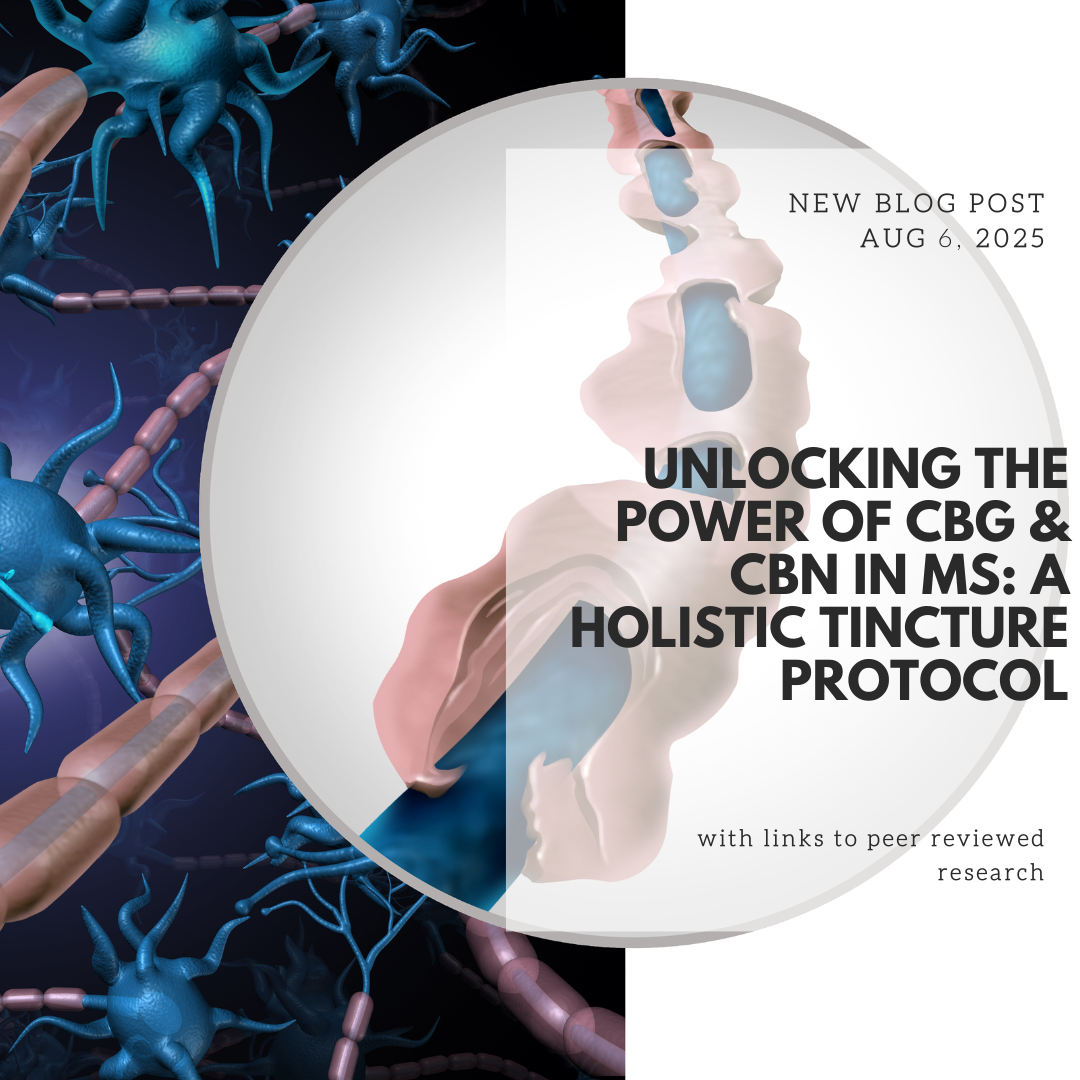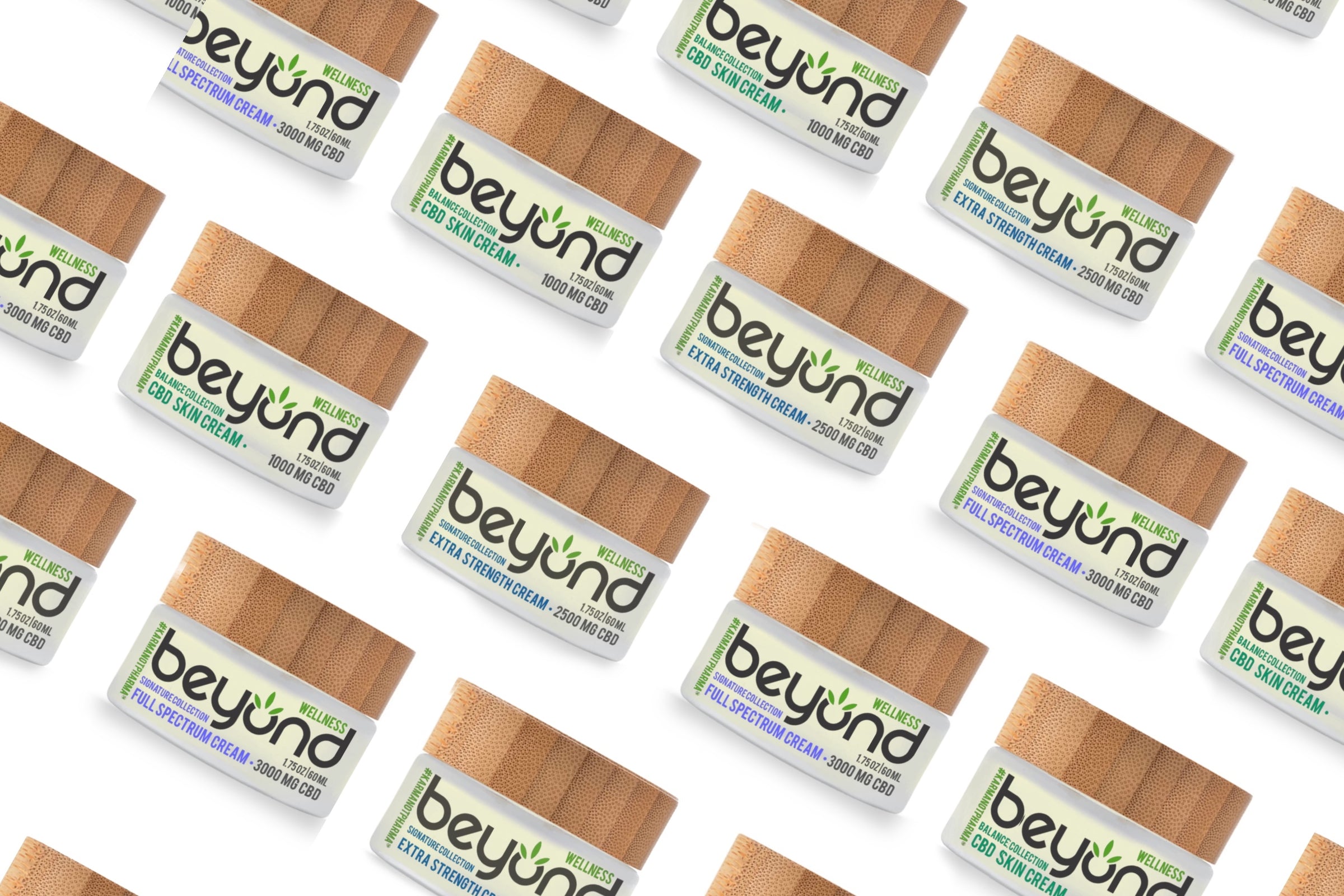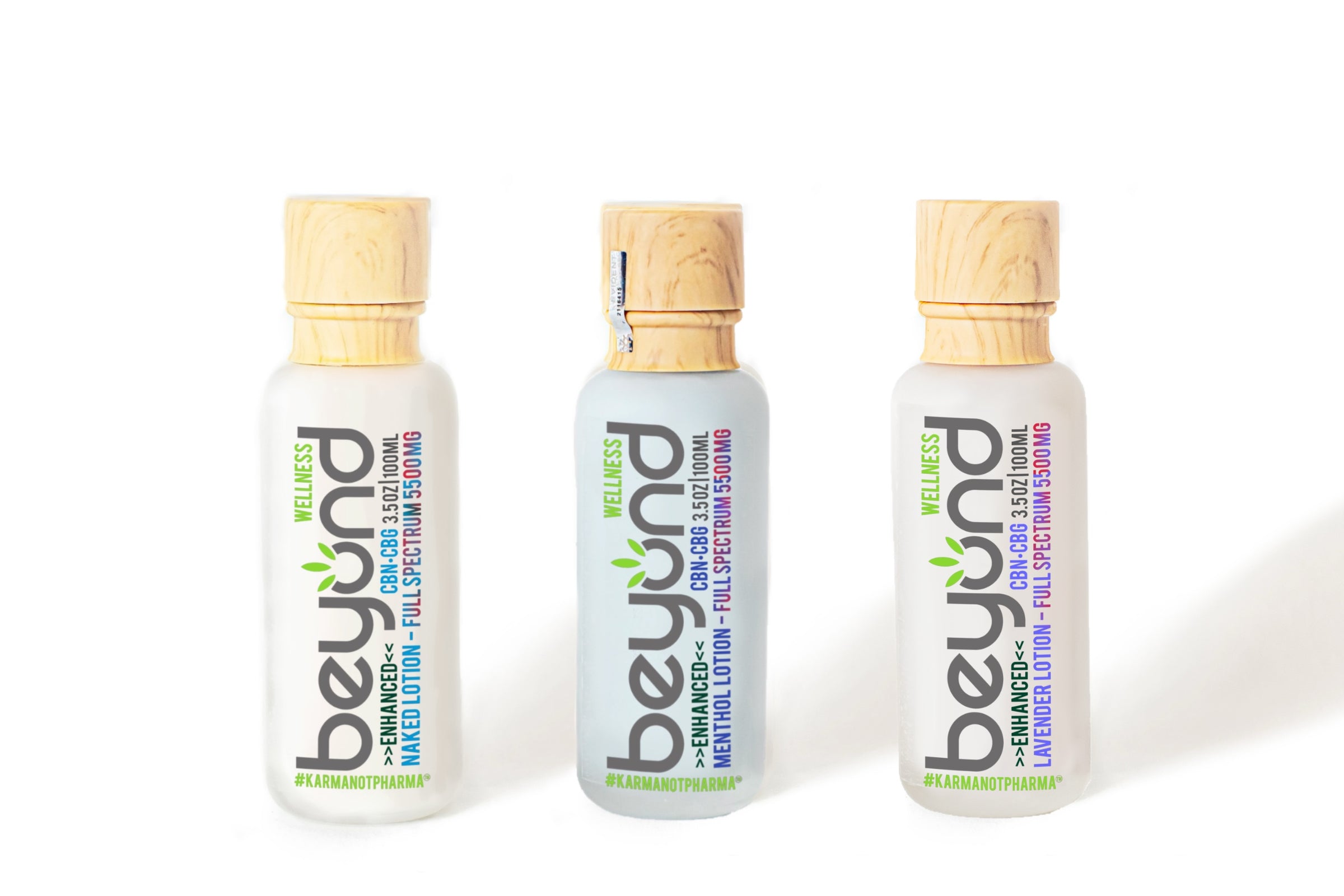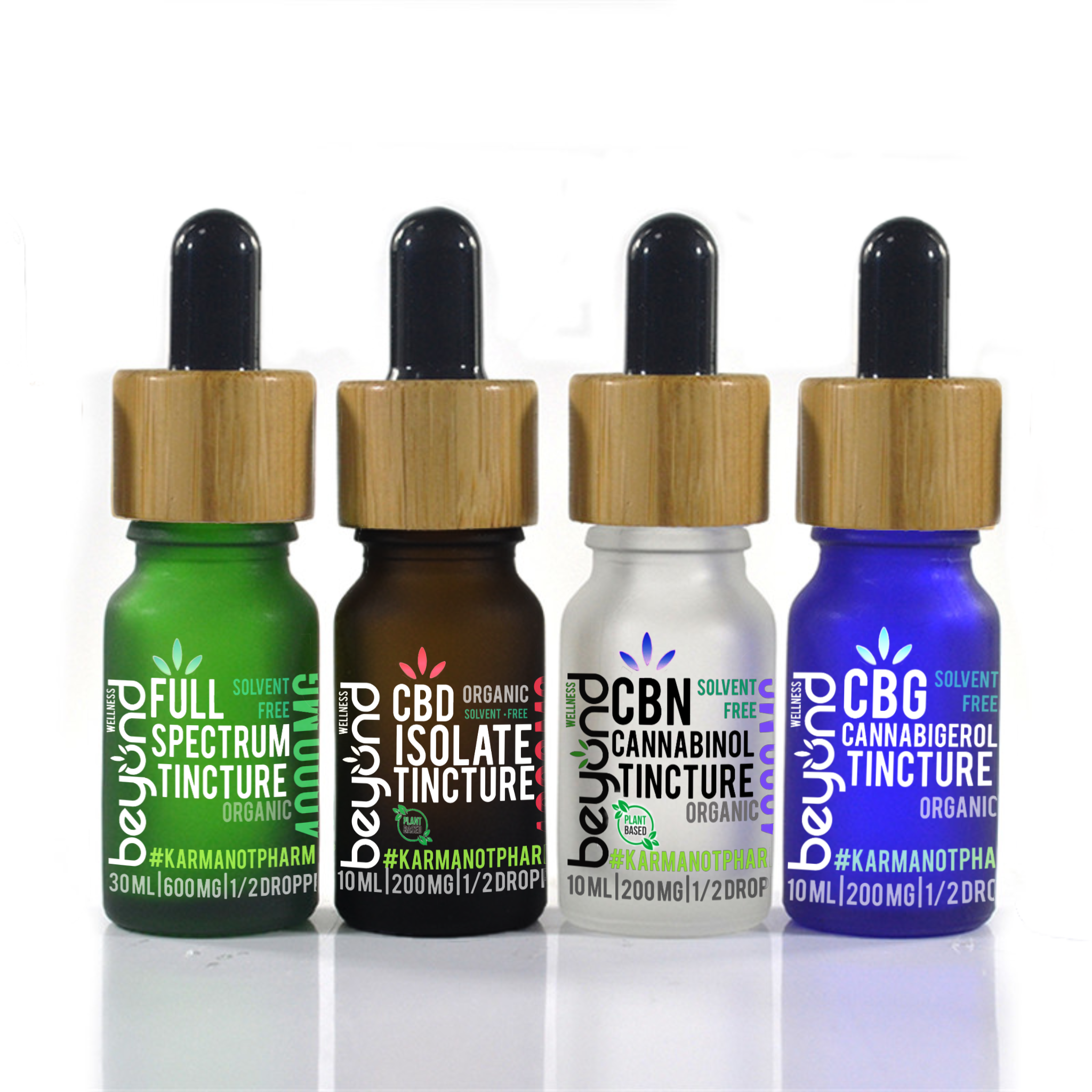News

CBG and CBN tinctures offer a powerful, natural way to manage multiple sclerosis (MS) symptoms like pain, spasticity, and sleep disruption. Using CO₂-extracted cannabinoids in MCT oil for superior absorption, this holistic protocol combines 100 mg of CBG in the morning and 50 mg of CBN at night to target inflammation, support neuroprotection, and improve rest. Backed by emerging peer-reviewed research, these non-psychoactive cannabinoids work synergistically with lifestyle tools like anti-inflammatory nutrition, movement therapy, and stress reduction for a safe, effective, and well-rounded approach to MS symptom relief.

Tired of groggy mornings and pharmaceutical side effects? Discover how CBN—a natural cannabinoid—can boost your body’s melatonin levels and help you sleep deeper, longer, and more restoratively. Backed by peer-reviewed research and available exclusively at Beyond Wellness in El Dorado Hills, our high-potency CBN tinctures are nature’s answer to Ambien.

Emerging research shows that cannabinoids like CBG, CBN, and full-spectrum CBD can help manage multiple sclerosis (MS) by calming neuroinflammation, easing spasticity, improving sleep, and supporting neuroprotection. Peer-reviewed studies highlight CBG’s ability to regulate immune signaling and reduce microglial overactivation, while full-spectrum CBD—often paired with THC—has been clinically shown to reduce MS-related pain, stiffness, bladder dysfunction, and fatigue. CBN may further improve quality of life by enhancing GABA activity and supporting muscle relaxation during sleep. When paired with holistic therapies like medicinal mushrooms, yoga, cold exposure, and anti-inflammatory nutrition, this layered approach offers a powerful, science-backed protocol for symptom relief and long-term nervous system support in MS.

Struggling with Long COVID symptoms like brain fog, memory loss, and cognitive dysfunction? Discover the power of CBD and CBG to accelerate your recovery. These cannabinoids are scientifically proven to reduce neuroinflammation, stimulate neurogenesis, and restore cognitive function. By tripling your CBD and CBG dosage, you can enhance brain regeneration, protect against further damage, and regain clarity faster than ever. Get your step-by-step recovery protocol and start feeling like yourself again.

Looking for a natural way to balance hormones, improve sleep, and support metabolism? Non-psychoactive cannabinoids like CBG and CBN, found in full-spectrum hemp extracts, offer evidence-based support for endocrine health. From reducing cortisol and stabilizing blood sugar to improving menstrual cycles and adrenal function, these powerful plant compounds work with your body’s endocannabinoid system to restore balance - gently and effectively, without the high.








